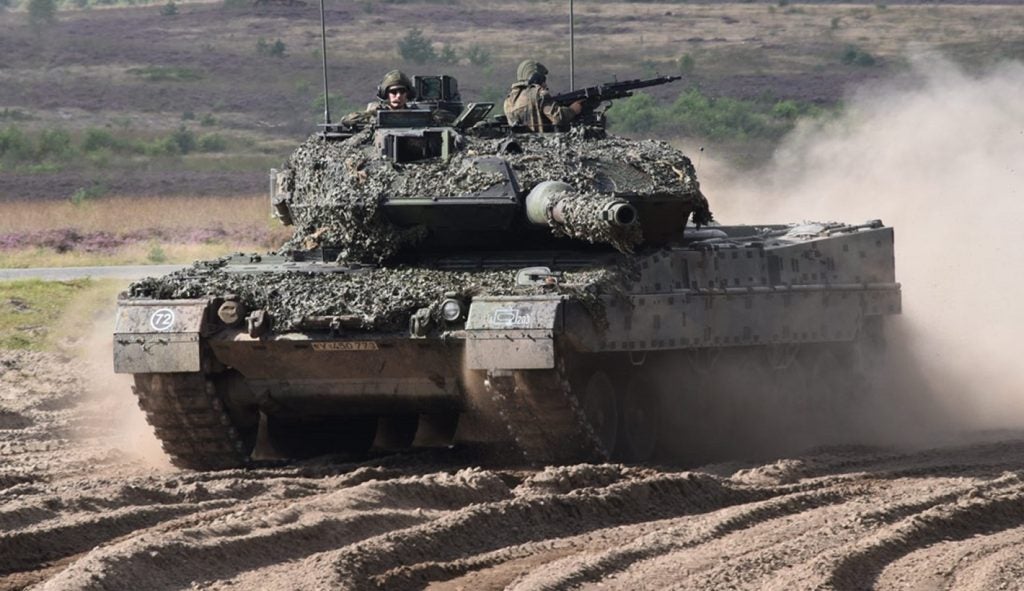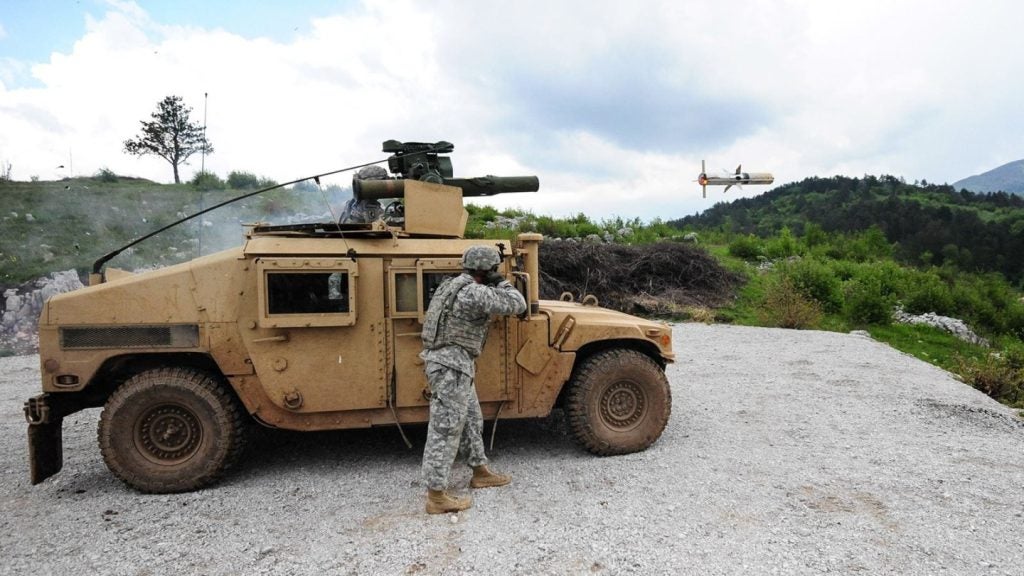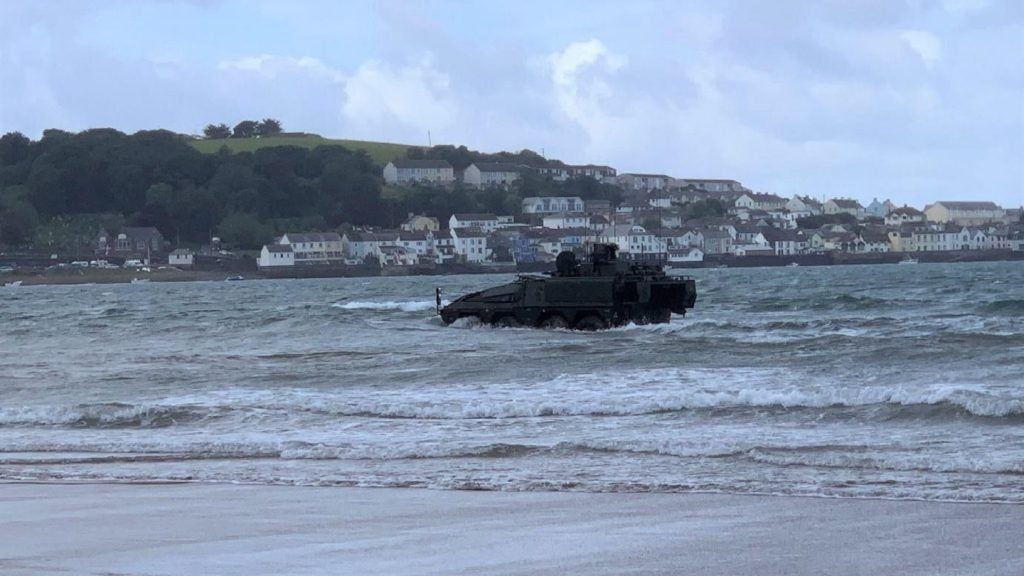The heart rate variability (HRV) biofeedback therapy can treat US veterans suffering from post-traumatic stress disorder (PTSD), a study by the Volunteers of America Greater Los Angeles (VOALA) has claimed.
Undertaken at Los Angeles transitional residence, the study involved 33 male combat veterans aged between 22 and 50, all of who were from Operation Enduring Freedom and Operation Iraqi Freedom / Operation New Dawn.
The study measured the effects of using biofeedback over an eight-week programme, divided into two phases, to help control PTSD.
During the first phase, the participants were introduced to the concepts of biofeedback, HRV, cardiac coherence (CC) and physiological stress responses, and received instruction on biofeedback use and an emotion-regulation technique combining positive thoughts or imagery with deep, controlled breathing.
The second phase consisted of once-weekly HRV biofeedback coaching groups that used emotion-regulation techniques during real-life situations. The groups also helped veterans train their HVR on personal biofeedback devices and keep a journal of their experiences.
Supported by a grant from UniHealth Foundation, the study included emWave, a heart rhythm monitoring system that was installed on laptops assigned to participants during group sessions, and an infrared photoplethysmography sensor and software capable of displaying real-time HRV patterns and coherence levels.
How well do you really know your competitors?
Access the most comprehensive Company Profiles on the market, powered by GlobalData. Save hours of research. Gain competitive edge.

Thank you!
Your download email will arrive shortly
Not ready to buy yet? Download a free sample
We are confident about the unique quality of our Company Profiles. However, we want you to make the most beneficial decision for your business, so we offer a free sample that you can download by submitting the below form
By GlobalDataSupplementary features included a breath pacer, pulse monitor and games designed to assist participants in reaching CC, as well as emWave2, a portable HRV monitor to help veterans practise biofeedback outside of groups.
Around 27 successfully completed all eight sessions, while six were discharged early. All results were documented in an article, titled: ‘Implementing Heart Rate Variability Biofeedback Groups for Veterans with Post-traumatic Stress Disorder.’
Citing three case studies, scientists suggested that consistent HRV biofeedback therapy, coupled with weekly group support sessions, was essential for HRV improvement.
The most successful participant embraced all aspects of biofeedback and was most the diligent in staying with the programme.
However, the VOALA article added that further research is necessary to incorporate these ideas into practical application for both PTSD and other mental health disorders.
According to a study in 2009, PTSD affects nearly 20% of Iraq and Afghanistan veterans.







